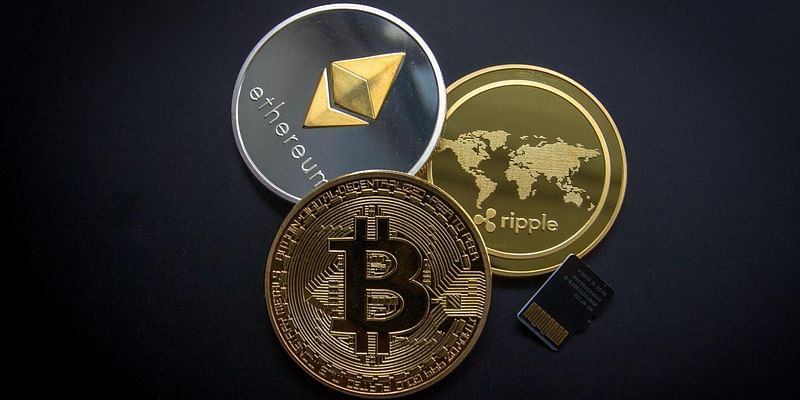Non Disclosure Agreement vis-a-vis Patent Protection - An Entrepreneur's Conundrum
Tuesday November 22, 2011 , 4 min Read

Lawyers at VakilSearch discuss
India has an (in)famous patent regime. It takes 4-7 years to get a patent, and costs more than a 150,000 Rupees in many cases. This is higher than the numbers you find in most parts of the world, and certainly a deterrent to getting intellectual property protection.
So if you are a start-up entrepreneur or even a small business looking to reduce costs and maximize earnings, filing for patent protection at this stage may not be the best option. Having said that, if you have an invention that is path-breaking and really need to get protection OR if the novelty of your product is THE major asset your business has, then borrow or raise funds and apply for patent protection. Consult a lawyer and discuss your case before taking any further action.
Where does an NDA come in?
Which brings us to the NDA. One of the oldest and most commonly prepared agreements, a Non Disclosure Agreement essentially brings confidence to two parties negotiating that one of the parties will not use the information shared confidentially to the disadvantage of the other side.
For instance, say you have a company that manufactures shaving cream. You have just devised a new formula for the shaving cream that collects the moisture from the environment, and does not need water to be applied to create a lather. This is definitely a great product, which deserves patent protection.
But as we saw above, it takes a lot of time and money to get patent protection, and even before you apply for the patent, you need to discuss the product with suppliers who will be giving you the components needed to prepare the product, or maybe packaging experts who can advise you on whether such a product can be packaged and sold at all.
In such a case, it makes great business sense to sign an NDA with these suppliers and affiliates. An NDA, like any other agreement, is not a guarantee that you will be secure, or that they will not disclose the information. However, an NDA definitely reduces the chances of the other side revealing your secrets with impunity.
Is it necessary to sign NDAs when my patent application is pending?
Certainly, it is. An NDA is not a substitute for a patent, and it is temporary protection which helps you negotiate with your business affiliates and discuss your trade secrets and innovations with them without fear of them stealing your business secrets.
So even during the pendency of your patent application, sign as many NDAs as you have business affiliates. Make signing the NDA the precursor to entering into the relationship, and do not disclose any information without first having this agreement signed by both sides.
Do I have to mention in the NDA that the patent application is pending?
Yes, you can mention it. In fact, you can add it in a clause which reads like this:
"And all other confidential information, including but not limited to the information directly or incidentally pertaining to invention protected by the Patent Application No. ___ shall be deemed to be absolutely protected, and no disclosure of this information shall be made during the pendency of the agreement."
Do I need to enter into NDAs if I already have a patent for a product?
If the information pertains to the product or its features, No. Entering into an NDA in this case would be overkill and unnecessary, since it would offer you no additional protection or help.
However, if the NDA relates to something not directly related to the product or its characteristics, then it is better to get protection.
For instance, you get a patent for the shaving cream we spoke of above. Now the shaving cream formula and ingredients are protected by patent, and do not need any additional protection. However, if you are trying to employ an innovative marketing technique, or are interested in branding and promoting the product in a certain way, then you should get a tailor-made NDA to give you protection.
To be continued...
In the next part, we shall be looking at more aspects of a Non Disclosure Agreement (NDA). We shall specifically be looking at how it is to be drafted, what you should look out for and the legal formalities (like printing on Stamp Paper) that need to be complied with.
About VakilSearch
VakilSearch is India’s leading online legal services provider for businesses and individuals. As the official partner of the Confederation of Indian Industry (CII) and knowledge contributor to Sulekha.com, the Hindu Business Line, Entrepreneur Magazine and the All India Rubber Association, VakilSearch reaches out to thousands of businesses, entrepreneurs and individuals on a regular basis. So when you visit vakilsearch.com, you can be assured of quality legal guidance and comprehensive documentation for your business and personal needs, at affordable prices.








